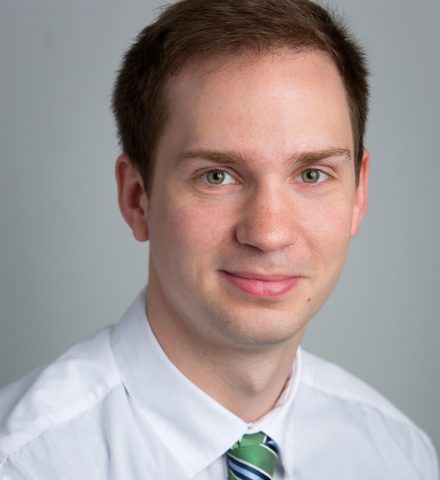Brian W. Conley

Brian supports UBRI projects with a range of skills, including GIS, data analysis, writing, community engagement, and project management. He led UBRI’s work on projects including The Riverline Equitable Development Framework, the 2022 Niagara County Hazard Mitigation Plan and Moving Forward 2050. Applying his background in teaching, Brian has served as an adjunct instructor for courses in GIS, economic development, and sustainability planning in UB’s School of Architecture and Planning.
Brian’s time at UBRI began in 2012, developing sustainability indicators for the WNY Sustainability Plan and One Region Forward, for which he also managed a regional scenario modeling process and created an online mapping platform. He also developed and measured indicators for the Greater Buffalo Racial Equity Roundtable, the Western New York Regional Economic Development Coalition, and the Regional Revitalization Partnership.
Brian led the development of municipal greenhouse gas inventories for the Buffalo Niagara region, one of the first standardized regional emissions inventories for multiple municipalities in the state and nation. He creates online maps and data dashboards for UBRI projects, including the GHG Inventory Dashboard, indicator reporting for the Regional Revitalization Partnership, and an online map to support connections between trainers and hiring employers as part of the WNY Manufacturing and Tech Workforce Coalition.
Brian began cultivating his expertise in planning as a research assistant at UB working on climate change policy analysis and multi-modal transportation evacuation planning. He co-authored academic publications on multi-modal evacuation planning and local food systems planning. Through past work with Buffalo Niagara Riverkeeper, Buffalo Olmsted Parks Conservancy, and the U.S. Department of Agriculture, he promoted environmental justice and conservation by collecting field data, managing geospatial databases, and creating resources for service learning.
Brian holds a bachelor’s degree in physics education from the State University of New York College at Buffalo; and master’s degrees in geography and urban planning from the University at Buffalo. In his down time, Brian enjoys playing guitar and other instruments, sports, staying active exploring the outdoors, and most of all, spending quality time with his wife and kids.
